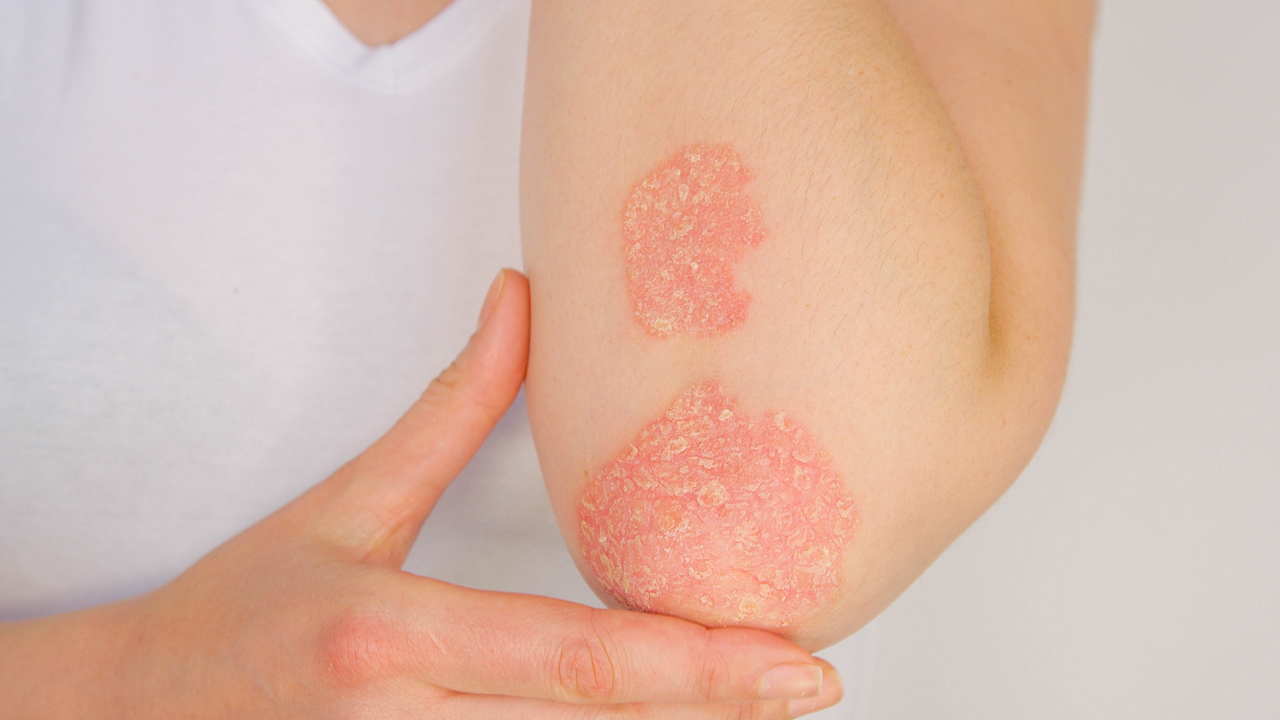In News
Follow this topic
Bookmark
Record learning outcomes
On 27 September, at the European Academy of Dermatology and Venereology (EADV) Congress 2024, a study by Professor Amos Gilhar presented evidence that there is a link between perceived stress and psoriasis. In the study, researchers induced psoriatic lesions in human skin xenografts on mice. After achieving remission with topical dexamethasone, the mice were exposed to sonic (sound) or sham stress for 24 hours. Within 14 days, 100 per cent of the mice exposed to sonic stress experienced a relapse of psoriatic lesions, accompanied by notable changes in immunological markers associated with the condition. Aprepitant, a neurokinin-1 receptor (NK1-R) antagonist, was found to effectively reduce stress-induced psoriasis relapse in 80 per cent of cases, leading the research team to believe that these findings mark the beginning of understanding and treating stress-triggered psoriasis, and that further exploration of clinical potential of NK1-R antagonists may lead to better treatment for patients.

